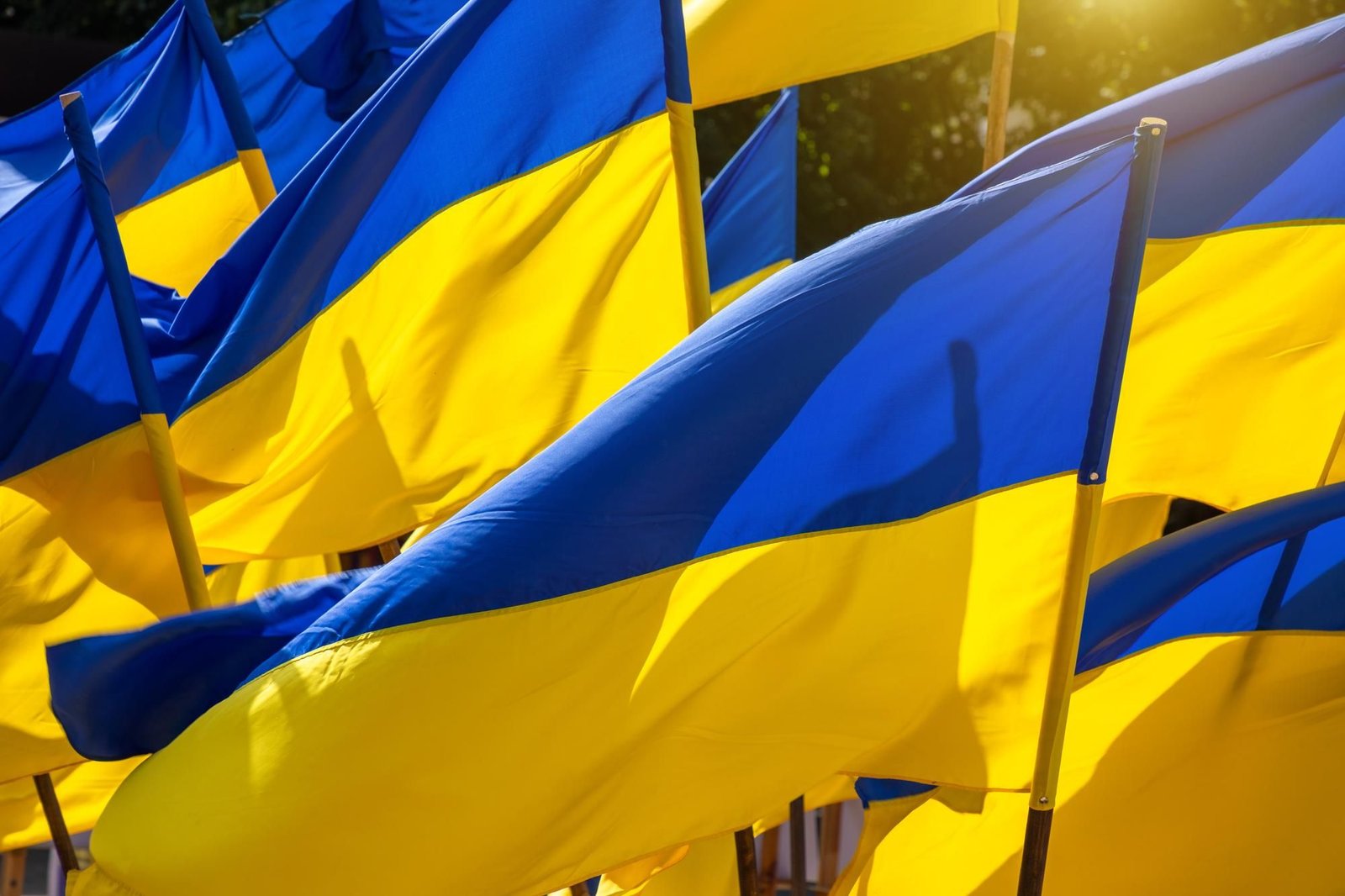

Slovakia Puts to an End Free Public Transport in Bratislava for Ukrainian Refugees
Previously, Ukrainians had the right to travel around Bratislava for free, however, with the change of rules, starting from January 1, 2023, the free travel on public transport in Bratislava will become unavailable to Ukrainian refugees, AtoZSerwisPlus.com reports.
The information portal for help, VisitUkraine.today has also reported that as far as displaced persons are concerned, they will have the right to completely use the public transport service for free only on the day of receiving the documents for the temporary protection status and during the four following days.
Free travel will also be possible for persons who possess a special SLOVAK HELP document with a red stamp with text in Ukrainian free travel. This document is issued when crossing the UA-SK state border.
Even school students will continue to be allowed to use public transport in Slovakia for free, but a confirmation of temporary accommodation and a document for school attendance is necessary.
Thus, people who accompany schoolchildren on the street and people who are officially employed in Bratislava within two months after registration of temporary protection status are included. Therefore, it will definitely be necessary to submit a confirmation from the employer for the employment contract.
Since the war started in Ukraine on February 24, 2022, Slovakia has taken in thousands of Ukrainian refugees and offered them shelter and food.
In a bid to continue helping Ukrainian people running away from the war zones, in November, the Slovak Interior Ministry decided to extend the temporary protection status for Ukrainian refugees in the country until March of next year.
In this regard, the Ministry added that the validity of the temporary refugee status would continue from December 31, 2022, to March 4, 2023.
Moreover, all persons who come from Ukraine and want to see the validity period of the temporary asylum document, they can do so electronically, which means that they are not required to go to the foreign police or to a centre with a large capacity.


















